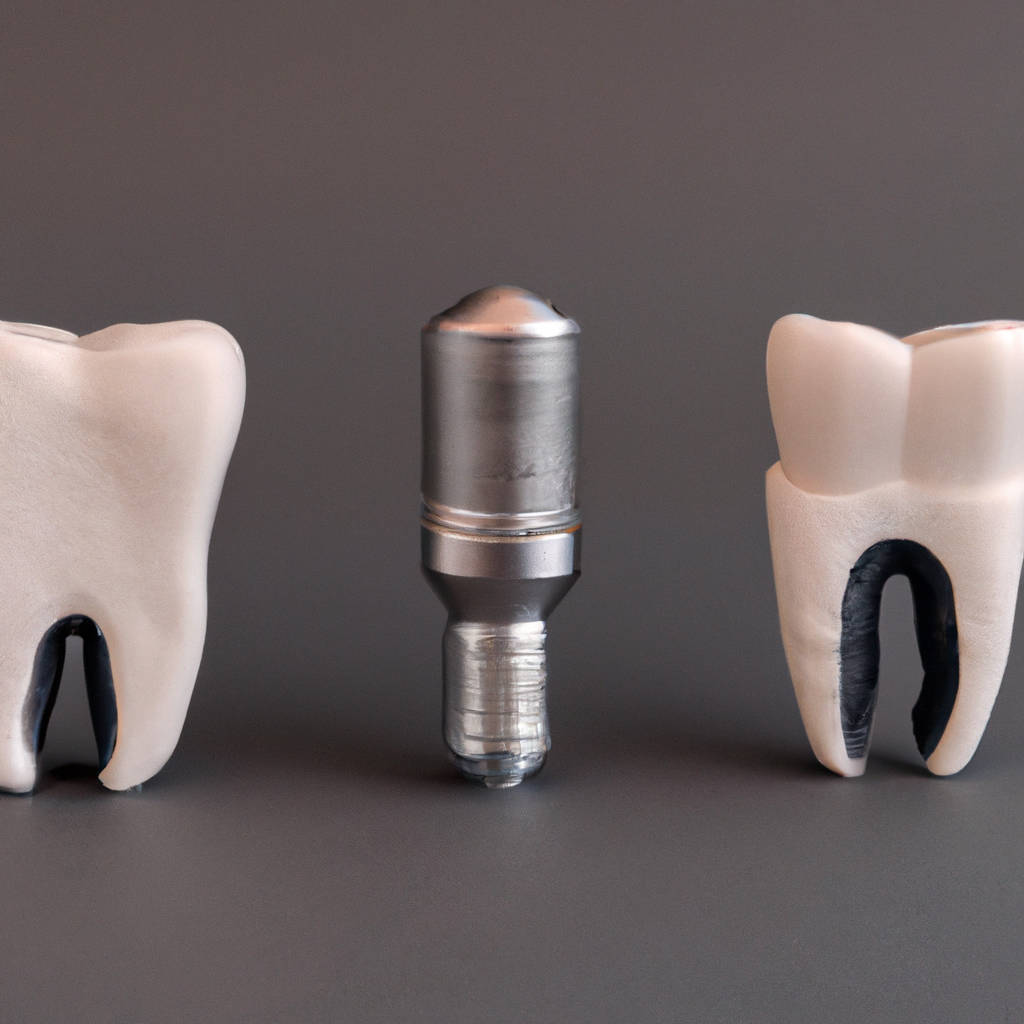In 2024, the cost of dental implants is expected to be influenced by a variety of factors that could lead to variations in pricing. The geographical location, the expertise of the dental surgeon, the type of implant, and the required preparatory procedures are all factors that can affect the final cost. Although dental implants continue to be a superior option for tooth replacement due to their durability and natural appearance, they are often seen as a high-end solution because of their price.
On average, a single dental implant in 2024 could range from $2,500 to $4,000 per tooth, not including additional costs for potential necessities like extractions, bone grafts, or sinus lifts. Full mouth dental implants could reach upwards of $30,000 to $60,000, again dependent on the complexity of the case and required preparatory procedures. However, it’s important to consider the long-term benefits of dental implants, including improved oral health, comfort, and appearance, which often make the investment worthwhile. Moreover, as dental technology advances, we might also see a rise in cost-effective solutions and alternative financing options that can make this treatment more affordable to the general public.

Price of a Single Tooth Implant
The cost of a single tooth implant varies greatly and is dependent on numerous factors. Firstly, the geographical location where the procedure is performed can significantly influence the price. In regions with a higher cost of living, you can expect it to be more expensive. Secondly, the expertise and reputation of the dental surgeon can also play a role in determining the cost. More experienced practitioners with a proven track record of successful procedures may charge a higher fee.
Thirdly, the complexity of the procedure can also affect the price. For example, if additional treatments such as bone grafting or sinus lifts are required before the implant can be placed, these will add to the overall cost. The type of implant that is used and the material it is made from can also sway the price. Some materials are more expensive than others, and certain brands may charge more for their products.
The cost of a single tooth implant can range from $1,500 to $6,000 or more. This typically includes the surgery for placement of the implant, all the components, and the implant crown. It’s also important to note that dental insurance does not always cover tooth implants, as they often consider it a cosmetic procedure. However, some insurance companies may cover part of the cost if the tooth loss was due to an accident or disease.
In conclusion, while the price of a single tooth implant can be high, many people find the benefits to be worth the cost. Implants are a long-term solution for tooth loss that can improve eating, speech, and appearance. As with any medical procedure, it’s always important to do thorough research and consult with a trusted dental professional before proceeding.
Expenses for Multiple Tooth Implants
The cost of multiple tooth implants can vary significantly due to several factors. The primary determinant of the expenses is the number of implants required. Each dental implant can range anywhere from $1,000 to $3,000. This price only includes the implant itself and does not account for the additional costs of the abutment and crown, which can add another $500 to $3,000 per tooth. Therefore, a single tooth implant can total up to $6,000. If multiple teeth need implants, the expenses can quickly escalate. Other costs, such as the initial consultation, any necessary extractions, bone grafts, or sinus lifts, and the post-operative care, also add on to the total expense.
Multiple tooth implants are often considered a cosmetic procedure by insurance companies, which means they may not cover the costs. However, some dental insurance plans do cover a portion of the costs, especially if the procedure is necessary for medical reasons. It is essential to consult with your insurance provider to understand what is covered and what is out of pocket. Financing options, including payment plans and dental loans, are also available for patients who cannot afford the upfront costs of multiple tooth implants. Despite the high costs, dental implants are a long-term investment in your oral health and can prevent further dental issues in the future. They provide a permanent solution for missing teeth and offer significant improvements in functionality and aesthetics compared to other dental procedures, such as bridges or dentures. Therefore, patients need to weigh the high initial costs against the long-term benefits when considering multiple tooth implants.

Additional Fees Associated with Dental Implants
Dental implants can be an effective solution for those who have lost a tooth or multiple teeth. However, it’s crucial to be aware that the cost of the implant procedure often involves additional fees beyond the basic price of the implant itself. For instance, the initial consultation fee, which covers the evaluation of your oral health, is typically not included in the initial quote. Then there’s the cost of the surgical procedure to place the implant, which can vary depending on the complexity of your case.
The type of implant and the materials used can also add to the overall cost. For instance, implants made from zirconia can be more expensive than those made from titanium. Post-operative care, including follow-up visits and any necessary medications, may also come with an additional cost. In some cases, preparatory procedures such as bone grafting or sinus lift are required before the implant can be placed, further escalating the cost.
Another factor to consider is the cost of the abutment and the dental crown, the visible part of the tooth, which are generally billed separately. Dental imaging, such as x-rays or CT scans, is another aspect that can significantly add to the bill. Also, keep in mind that most dental insurance plans don’t fully cover the cost of implants, although they may provide partial coverage for the procedure.
Therefore, when considering dental implants, it is important to ask about all potential costs upfront, so you can plan your budget accordingly. While dental implants can be a significant investment, they provide a long-term solution for missing teeth and can significantly improve your oral health and quality of life.

Insurance Coverage for Dental Implants
Insurance coverage for dental implants varies significantly based on the specific insurance plan and provider. Many traditional dental insurance plans do not cover the cost of dental implants because they classify the procedure as cosmetic or elective. However, there are insurance providers that offer specialized plans that include coverage for dental implants. These plans typically have higher premiums and may only cover a portion of the cost, requiring the patient to pay the rest out of pocket.
Some health insurance plans may cover dental implants if they are considered medically necessary. For example, if a patient has lost teeth due to an accident or disease, the insurance may consider dental implants as a necessary part of their recovery. Similarly, if a patient cannot function properly due to missing teeth, implants may be covered under their health insurance.
Unfortunately, patients without insurance or whose insurance does not cover dental implants are often left to bear the full cost of the procedure. The expense can be daunting as dental implants are one of the most costly dental procedures. The price can range anywhere from $1,000 to $3,000 per implant, not including the cost of the crown, abutment, and other necessary procedures.
To help manage these costs, some dental offices offer payment plans or financing options. There are also non-profit organizations and dental schools that provide dental implants at a reduced cost or free of charge for individuals who qualify. Additionally, some patients choose to travel abroad for dental implants, where the cost of the procedure can be significantly less.
In conclusion, while dental insurance coverage for implants is not universally offered, there are a variety of options available for patients who need this procedure. It’s crucial for individuals to thoroughly research their insurance plans, discuss with their dentist, and explore all potential avenues to make an informed decision about their dental health.

